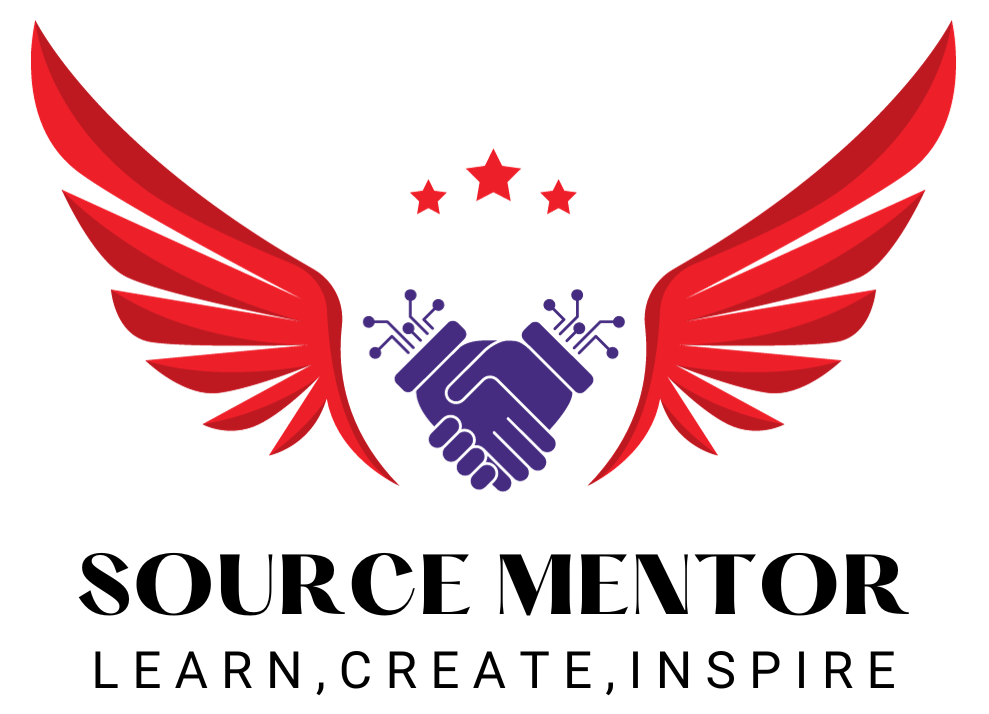AI in Content Creation: Transforming the Future of Writing
Introduction and The Rise of AI in Content Creation
AI in Content Creation: Transforming the Future of Writing
Artificial Intelligence (AI) is rapidly changing various sectors, and content creation is no exception. The intersection of AI and writing is not just a trend; it’s a fundamental shift that is reshaping the future of how content is produced, optimized, and delivered. In this series, we will explore how AI is transforming content creation, its benefits, challenges, and what the future holds for writers and content creators.
The Rise of AI in Content Creation
AI’s journey in content creation began with the development of natural language processing (NLP) and machine learning technologies. These advancements have enabled machines to understand, generate, and enhance text in ways that were previously unimaginable. The latest AI models, such as GPT-4, have demonstrated the ability to produce human-like text with remarkable accuracy.
AI’s role in content creation extends beyond mere text generation. It involves various aspects, including content curation, optimization, and personalization. The impact of AI on content creation is multifaceted and includes several key areas:
- Enhanced Productivity
AI tools can generate content at a pace that far exceeds human capabilities. This acceleration in content production is particularly useful for businesses that require a high volume of content to maintain engagement with their audience. - Improved Content Quality
AI technologies have advanced to the point where they can assist in refining content by offering suggestions for grammar, style, and readability. These tools help ensure that content is polished and meets high standards. - Personalization and Targeting
AI can analyze user data to tailor content to specific demographics. By leveraging this data, content creators can produce more relevant and engaging material for their audience. - Content Curation and Optimization
AI is adept at optimizing content for search engines by identifying relevant keywords and analyzing trends. This capability ensures that content not only resonates with readers but also ranks well in search engine results.
In the upcoming sections, we will delve deeper into each of these aspects, exploring their implications and how they contribute to the evolution of content creation.
Benefits of AI in Content Creation
Enhanced Productivity
AI-driven tools can automate various aspects of content creation, from generating initial drafts to conducting research. This automation allows writers to focus on higher-level tasks, such as strategy and creativity. AI’s ability to handle repetitive and time-consuming tasks results in increased efficiency and output.
Improved Content Quality
Advanced AI models can provide real-time feedback on text, identifying errors and suggesting improvements. This feedback helps in maintaining a high standard of content, ensuring that it is clear, engaging, and free of grammatical mistakes. AI tools also offer style and tone suggestions, helping writers to align their content with specific brand guidelines.
Personalization and Targeting
AI can analyze vast amounts of data to understand audience preferences and behavior. This analysis enables content creators to produce highly personalized content that resonates with individual readers. Personalized content increases engagement and conversion rates, making it a valuable tool for digital marketing strategies.
Content Curation and Optimization
AI tools can analyze search trends and keyword effectiveness to optimize content for better visibility. This optimization includes suggesting relevant keywords, improving meta descriptions, and ensuring that content aligns with SEO best practices. By leveraging AI for content curation and optimization, businesses can enhance their online presence and attract more traffic.
Challenges and Considerations
Ethical Concerns
The use of AI in content creation raises several ethical issues. One major concern is the authenticity of AI-generated content. It is essential to ensure that AI-generated text is transparent and does not mislead readers. Proper attribution and clear labeling of AI-generated content can help address these concerns.
Quality vs. Quantity
While AI can produce content quickly, it is crucial to maintain a balance between quantity and quality. Over-reliance on AI for content generation may result in generic or repetitive material. Combining AI capabilities with human creativity can ensure that content remains unique and valuable.
Human Touch
AI lacks the emotional depth and nuanced understanding that human writers bring to their work. While AI can generate text based on patterns and data, it cannot replicate the creativity and personal touch of human writers. A hybrid approach that integrates AI tools with human insight can produce the most compelling content.
The Future of AI in Content Creation
Evolving Technology
As AI technology continues to advance, its capabilities in content creation will likely become even more sophisticated. Future developments may include improved contextual understanding, enhanced creativity, and more effective content personalization. Staying abreast of these advancements will be crucial for content creators looking to leverage AI effectively.
Synergy with Human Creativity
The future of content creation will likely involve a collaborative approach between AI and human writers. AI can handle data-driven tasks and automate routine processes, while human writers provide creativity, emotional intelligence, and strategic insight. This synergy can lead to more innovative and engaging content.
Ethical and Practical Considerations
As AI becomes more integrated into content creation, ethical considerations will remain important. Ensuring transparency, maintaining content quality, and addressing potential biases will be key challenges. Content creators will need to navigate these issues carefully to harness AI’s benefits while upholding ethical standards.
Conclusion
AI is set to play a transformative role in the future of content creation. By enhancing productivity, improving quality, and enabling personalization, AI offers numerous advantages for writers and content creators. However, it is essential to balance AI capabilities with human creativity and address ethical considerations to ensure that content remains valuable and authentic.
Learn more about AI – here
Also Read – Taylor Swift and the Influence of AI in Music
